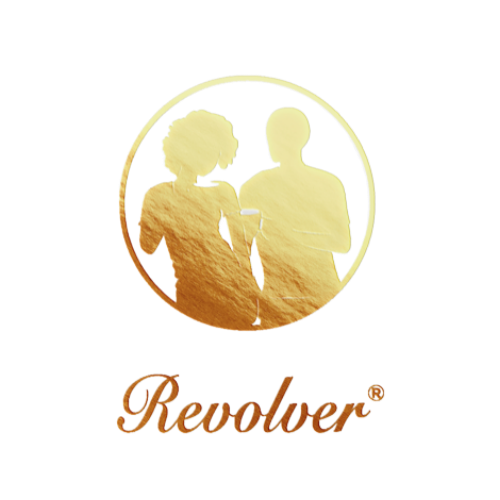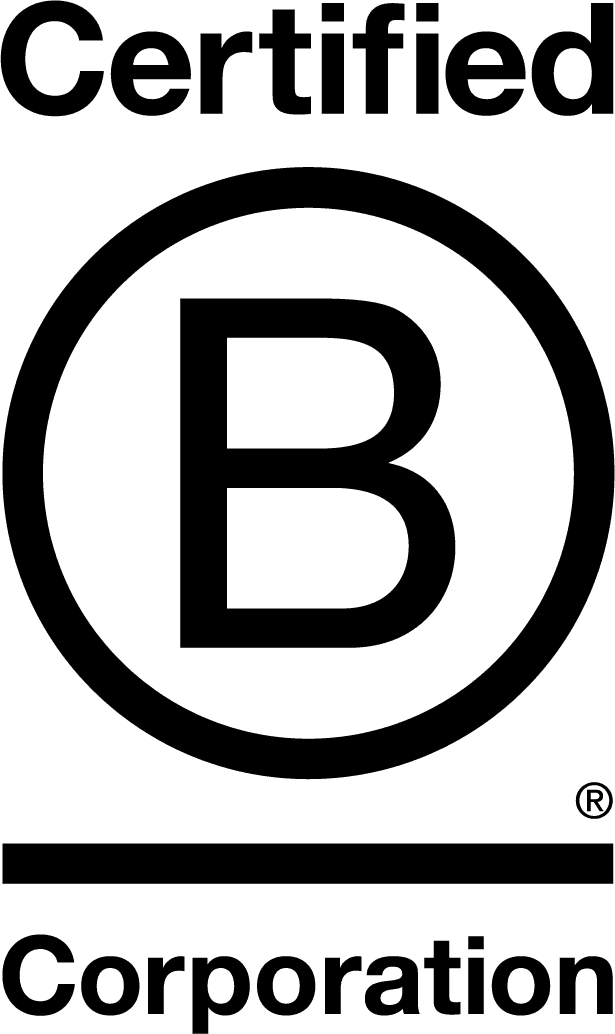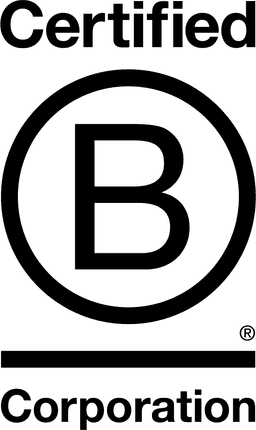

Revolver Co-operative Limited

City of Wolverhampton, United Kingdom
August 2023
Beverages
Wholesale/Retail
United Kingdom
Revolver Co-operative is an award-winning, multi-stakeholder Fairtrade coffee and tea co-operative, owned by its members which include farmer producers, workers, consumers, and retailers. Through its commitment to Fairtrade principles and co-operative values, Revolver Co-op actively engages in promoting human rights and social responsibility in the value chain, working to improve labour conditions and support local communities. By bridging the gap between small-scale co-operative farmers and the communities in which it serves, the co-operative aims to uplift livelihoods and contribute to sustainable development. In every aspect of its business, from sourcing to production and packaging, Revolver Co-op strives to adopt sustainable practices to minimise its environmental footprint. The co-operative acknowledges its role in contributing to a greener cooperative future and actively seeks innovative solutions to promote eco-friendly operations. Revolver Co-op stands as a model of responsible business, committed to making a positive impact on both local and global communities.
Overall B Impact Score
Governance 15.9
Governance evaluates a company's overall mission, engagement around its social/environmental impact, ethics, and transparency. This section also evaluates the ability of a company to protect their mission and formally consider stakeholders in decision making through their corporate structure (e.g. benefit corporation) or corporate governing documents.
What is this? A company with an Impact Business Model is intentionally designed to create a specific positive outcome for one of its stakeholders - such as workers, community, environment, or customers.
Workers 27.4
Workers evaluates a company’s contributions to its employees’ financial security, health & safety, wellness, career development, and engagement & satisfaction. In addition, this section recognizes business models designed to benefit workers, such as companies that are at least 40% owned by non-executive employees and those that have workforce development programs to support individuals with barriers to employment.
Community 84.3
Community evaluates a company’s engagement with and impact on the communities in which it operates, hires from, and sources from. Topics include diversity, equity & inclusion, economic impact, civic engagement, charitable giving, and supply chain management. In addition, this section recognizes business models that are designed to address specific community-oriented problems, such as poverty alleviation through fair trade sourcing or distribution via microenterprises, producer cooperative models, locally focused economic development, and formal charitable giving commitments.
What is this? A company with an Impact Business Model is intentionally designed to create a specific positive outcome for one of its stakeholders - such as workers, community, environment, or customers.
Environment 31.7
Environment evaluates a company’s overall environmental management practices as well as its impact on the air, climate, water, land, and biodiversity. This includes the direct impact of a company’s operations and, when applicable its supply chain and distribution channels. This section also recognizes companies with environmentally innovative production processes and those that sell products or services that have a positive environmental impact. Some examples might include products and services that create renewable energy, reduce consumption or waste, conserve land or wildlife, provide less toxic alternatives to the market, or educate people about environmental problems.
What is this? A company with an Impact Business Model is intentionally designed to create a specific positive outcome for one of its stakeholders - such as workers, community, environment, or customers.
Customers 4.4
Customers evaluates a company’s stewardship of its customers through the quality of its products and services, ethical marketing, data privacy and security, and feedback channels. In addition, this section recognizes products or services that are designed to address a particular social problem for or through its customers, such as health or educational products, arts & media products, serving underserved customers/clients, and services that improve the social impact of other businesses or organizations.